Photoblog | Getting Smart at #iNACOL14 Day 2
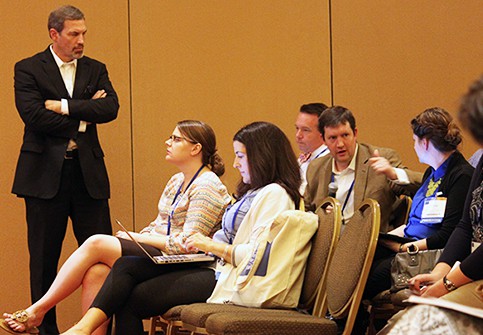
The iNACOL Blended and Online Learning Symposium (#iNACOL14) has brought together 2,500 experts and educational leaders who are exploring the leading edge of next generation learning in K-12 education from across the United States and around the world. This annual conference is the industry’s leading event for K-12 online, blended and competency-based learning. Here is two in photos.
Keynote. Gene Wilhoit, Executive Director of the National Center for Innovation in Education, kicked off Thursday with a keynote on personalized learning. “We need to bring policy and practice together and engage the public in unprecedented ways,” Wilhoit urged the audience.
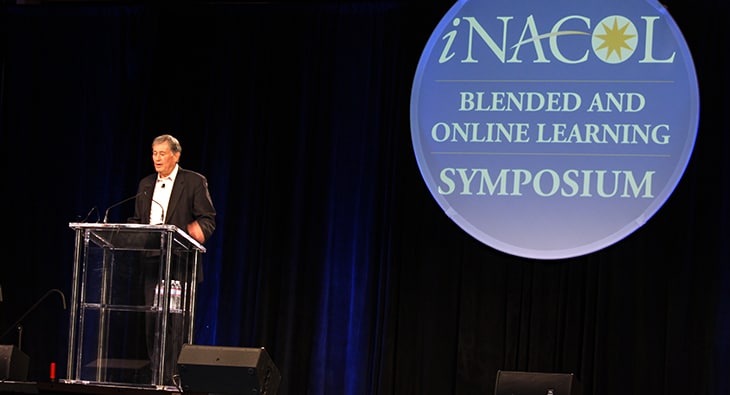
#ChoppedEdu. Foodies recognized this gameshow approach to education from Food Network’s Chopped cooking competition. Neil Campbell, Policy Director for Personalized and Blended Learning, ExcelinEd, Karla Phillips, Policy Director, Competency-Based Learning, ExcelinEd, Carri Schneider, Director of Policy & Research, Getting Smart, and Caroline Vander Ark, COO, Getting Smart, led the workshop with a brief introduction to blended learning implementation, including specific examples of schools and districts that are key blended learning model examples and an quick overview of their decision process. Groups worked together to design K-8 or high school models using components of blended and personalized learning.
Building Better Blends. Technology can improve every student’s educational experience, but how do we bring that into the classroom successfully? During this interactive conversation, Nigel Nisbet and Mark Lonergan of MIND Research Institute along with Chris Liang-Vergara, Leap Innovations and Jeremy Vidito, Starr Detroit Academy discussed blended learning in elementary and middle schools, highlighted specific examples and best practices, and unpacked how teachers can implement blended and competency-based learning from the ground up. Attendees got the opportunity “meet the experts” before the session closed to ask important questions and make connections with other educators at the conference.
Student voice. During lunch, a panel of students across from across California spoke about their experiences in blended and online classrooms. “You can learn about things that you never learned about before.” KIPP student, 4th grade.
Put A Badge On It: Micro-Credentialing & Competency-Based Teacher Prep & Professional Development. Beth Rabbit, Partner at The Learning Accelerator, Bridget Foster, Director of Partnerships at Digital Promise, Tom and Mary explored the potential of micro-credentials (badges) to transform the nature of teacher preparation and ongoing development to empower teachers with new, meaningful tools and to better align preparation with the competency-based, deeper learning environments in which they will teach. Together they described a framework for competency-based teacher badges, reviewed the progress of pilot programs and offered recommendations for creating an ecosystem in support of micro-credentialing in education.
Tom is a director at iNACOL. The Learning Accelerator, MIND Research Institute, and the Foundation for Excellence in Education are Getting Smart Advocacy Partners.

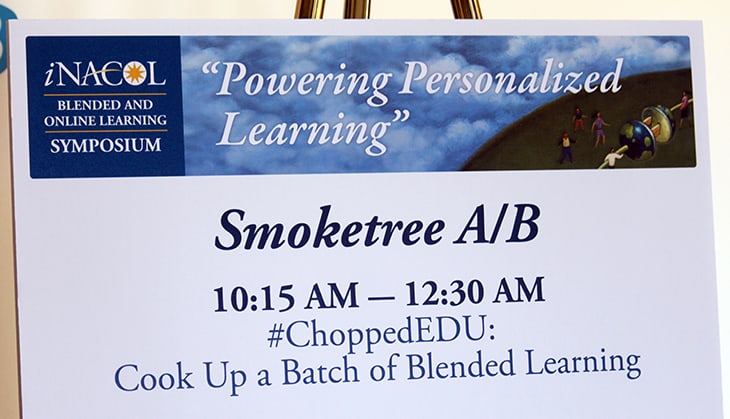
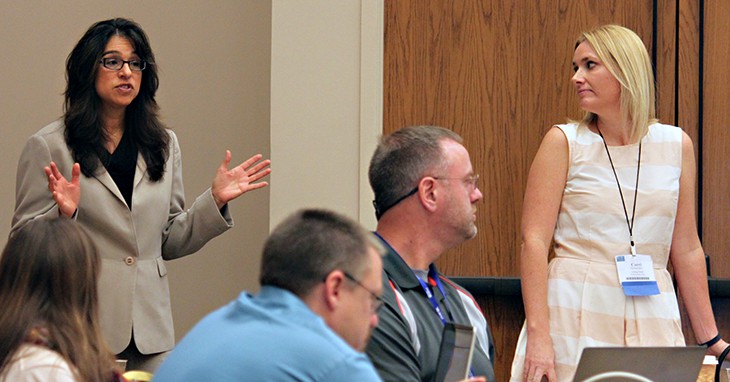
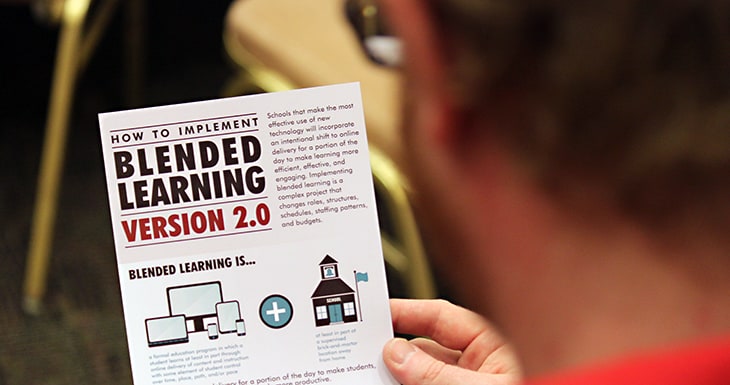
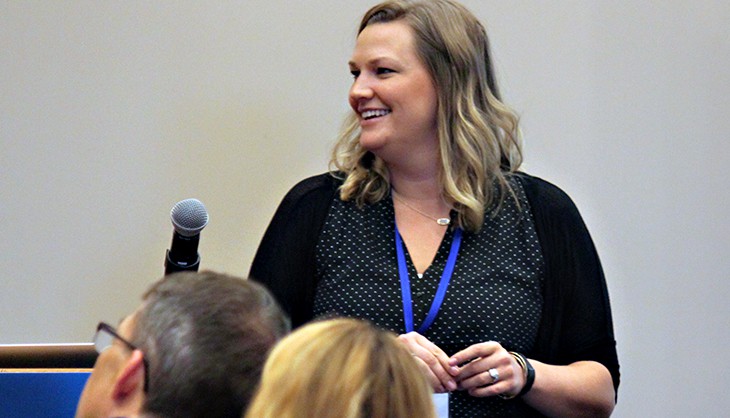
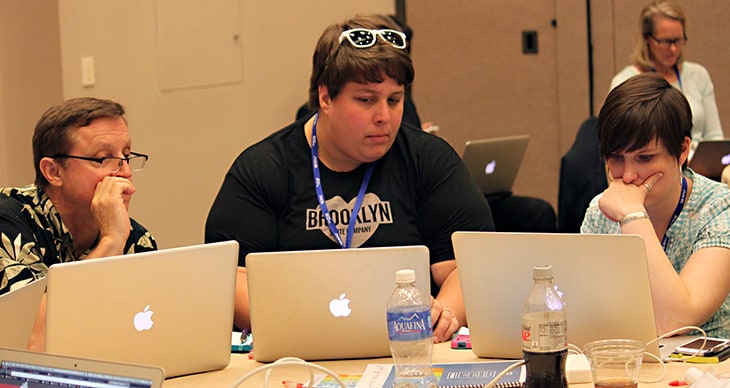
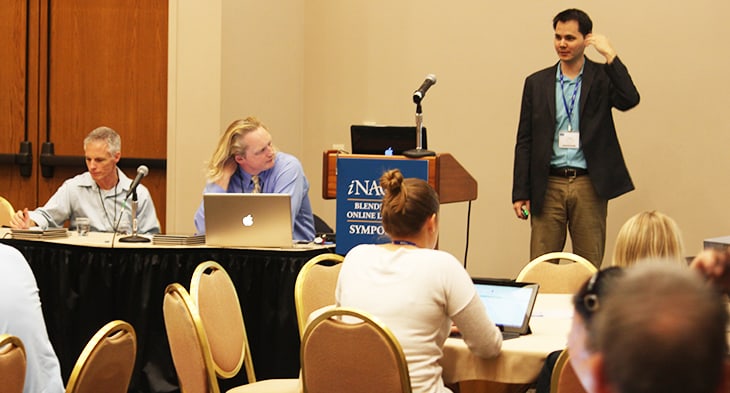
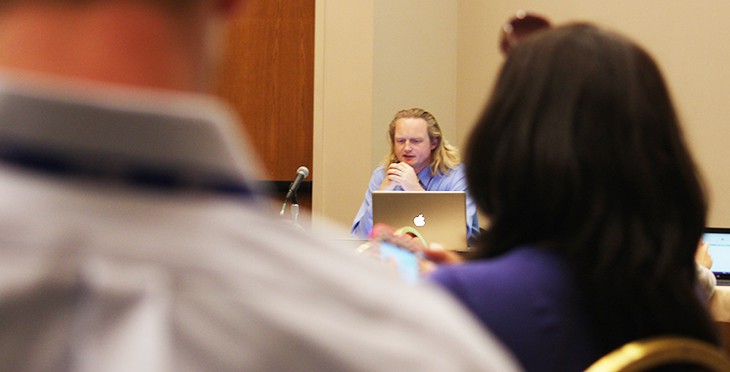
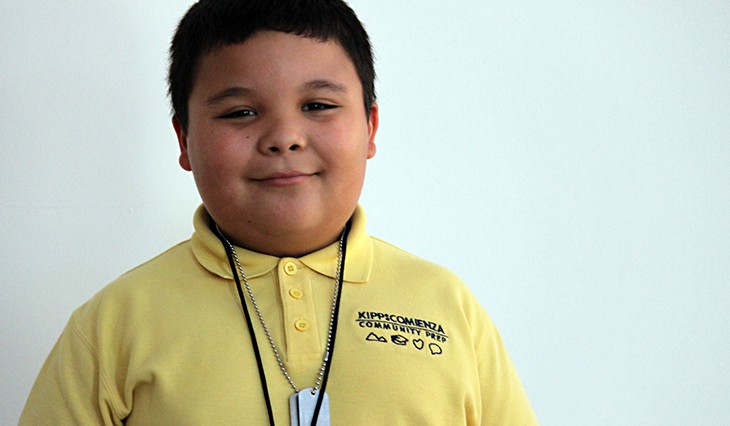
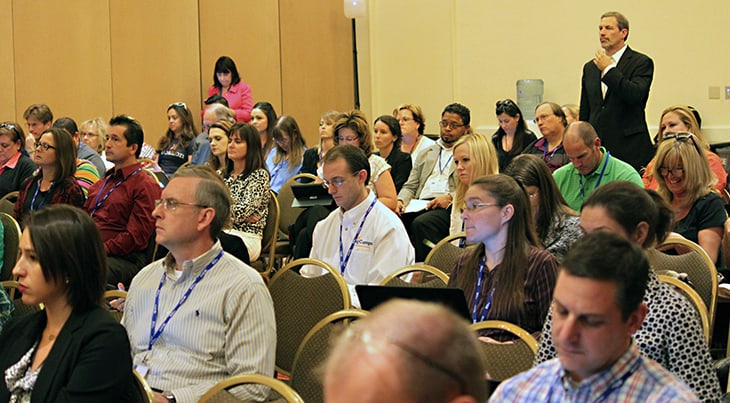
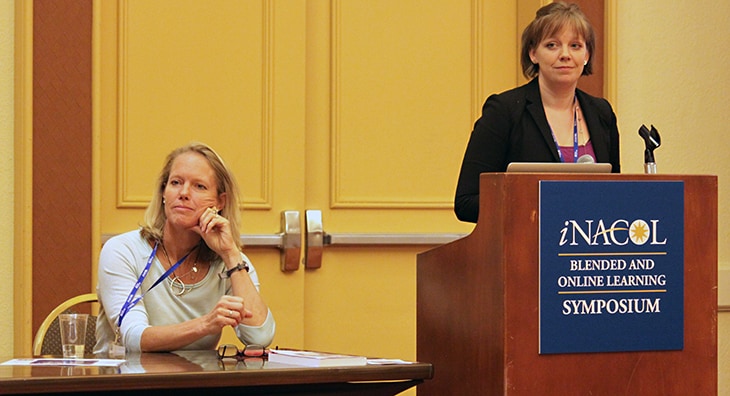
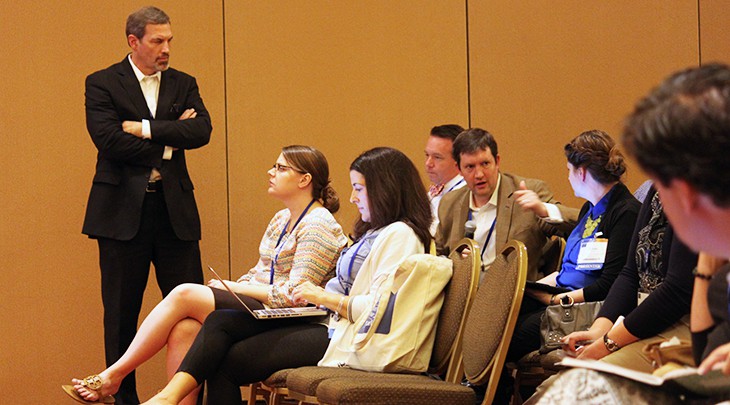



0 Comments
Leave a Comment
Your email address will not be published. All fields are required.